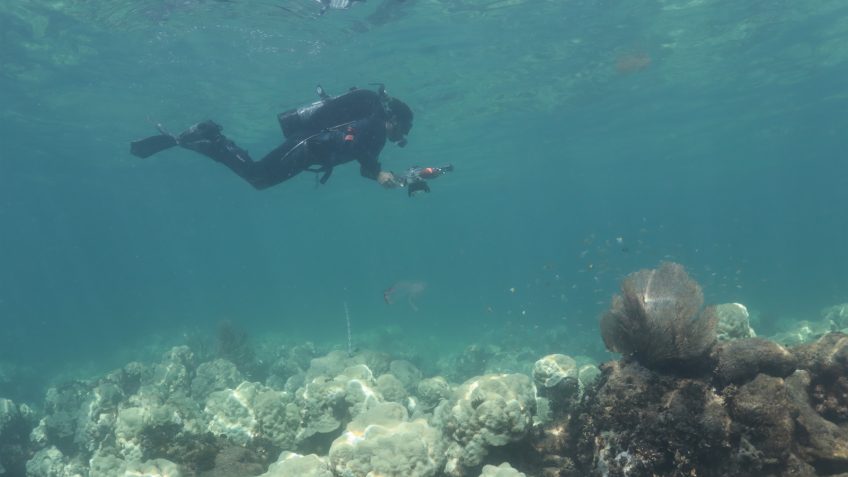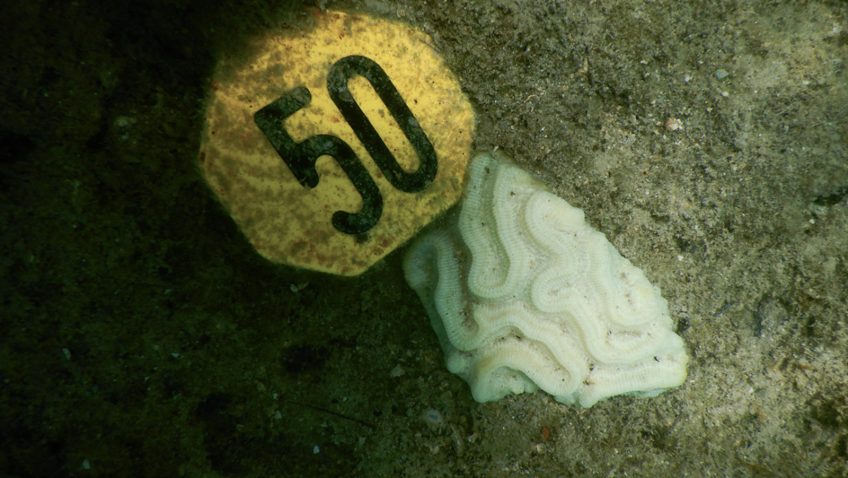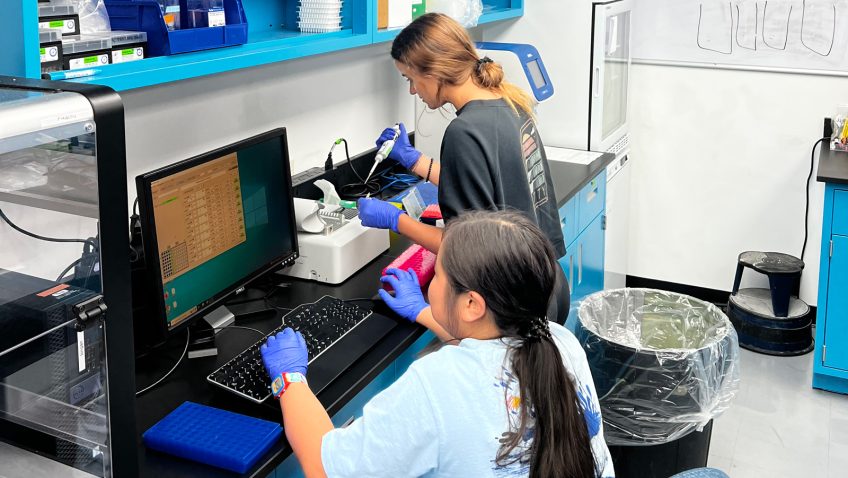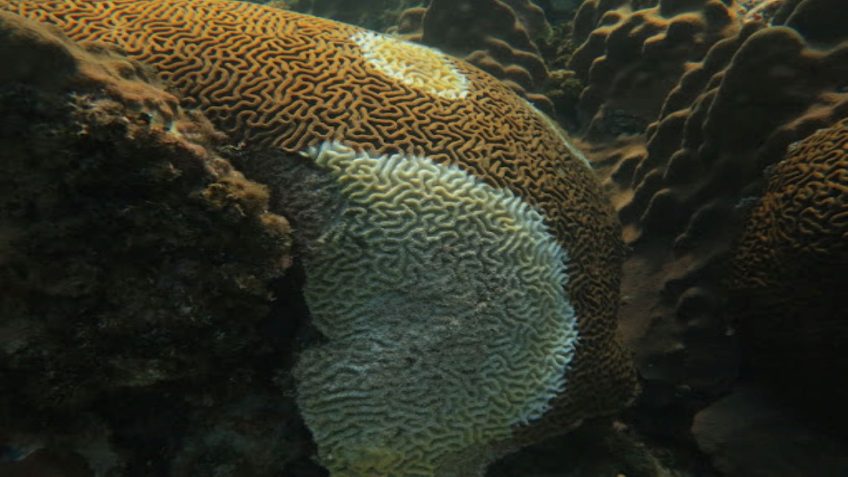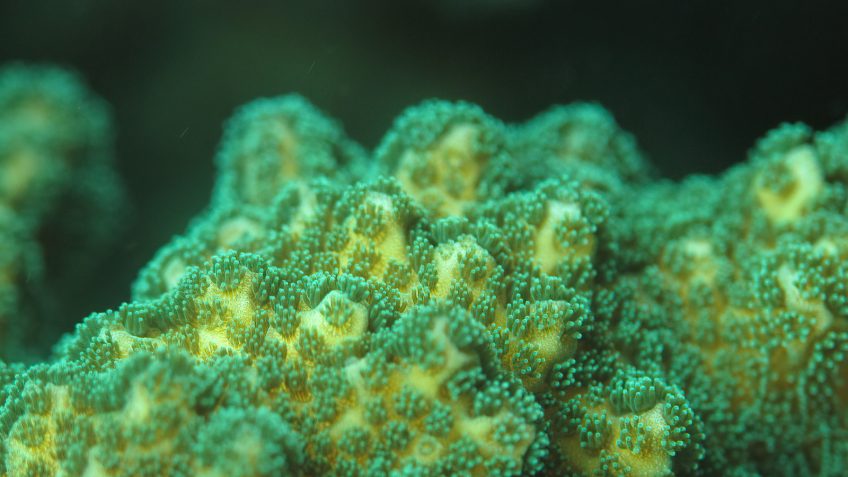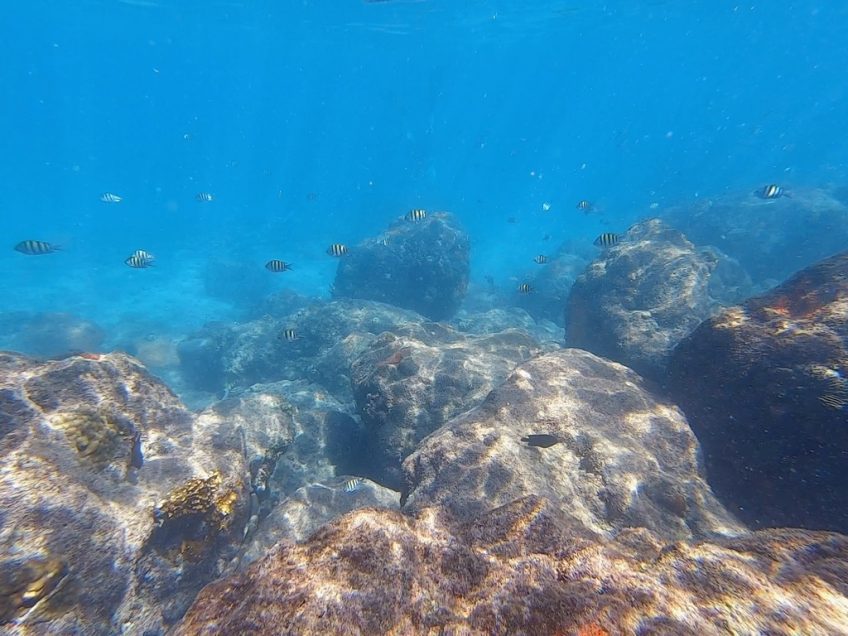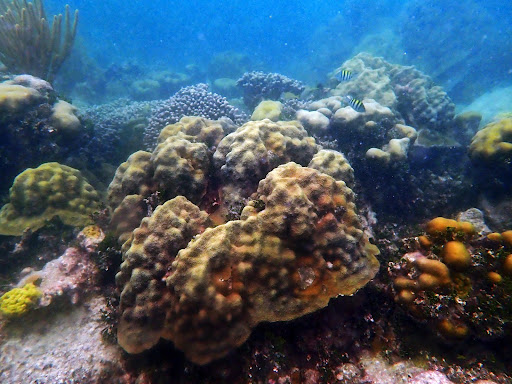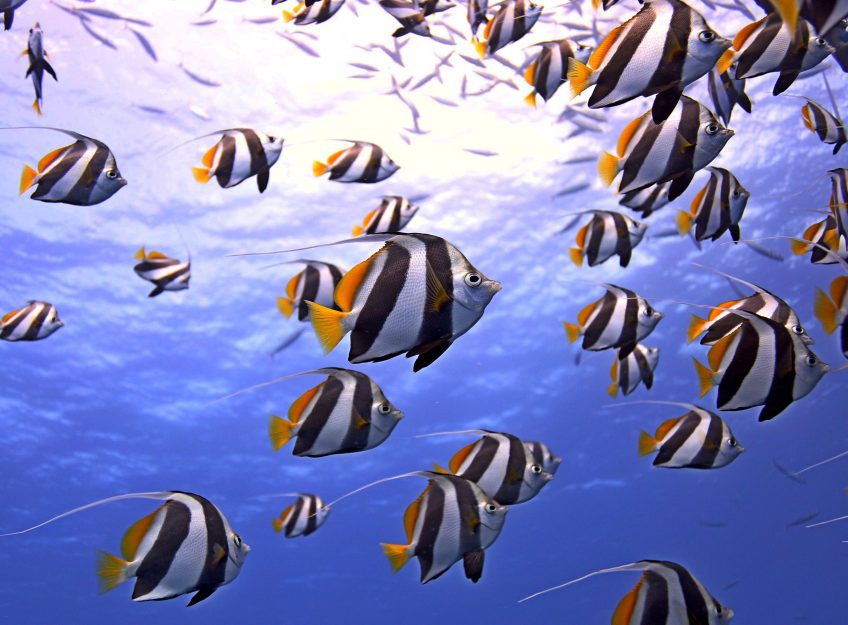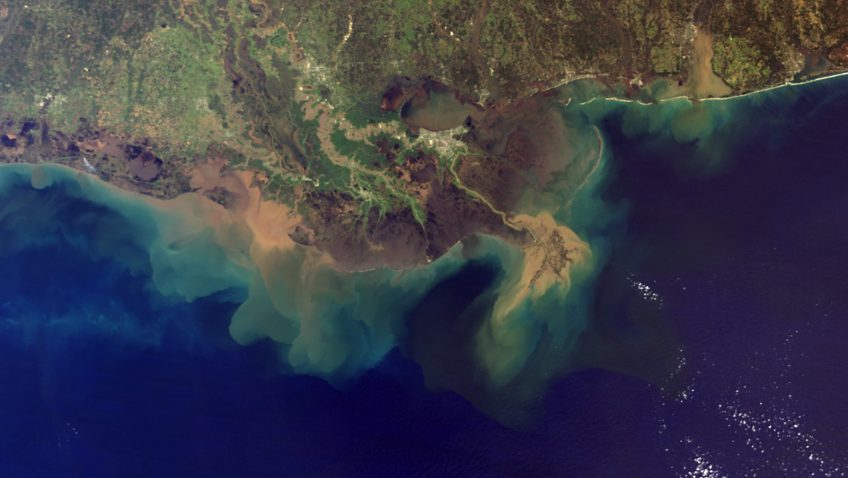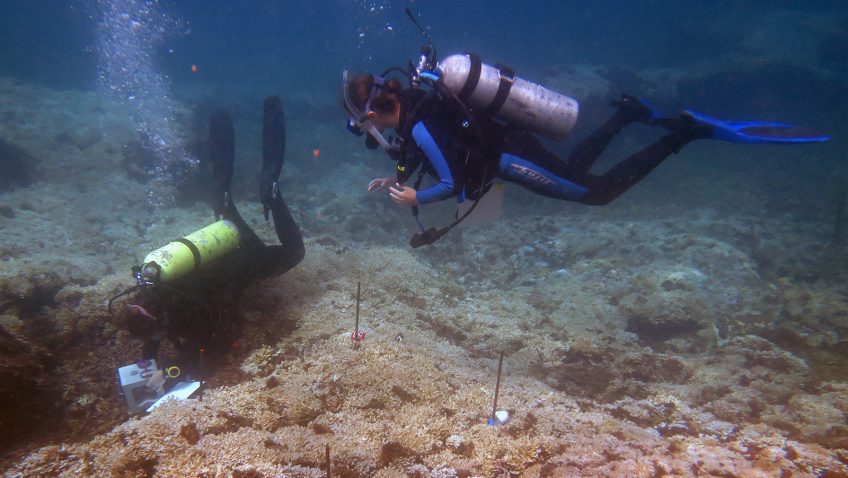NOAA Scientists Return to Cheeca Rocks, Find Reef Completely Bleached
The growing concerns of coral bleaching due to the ongoing marine heatwave across South Florida, the Gulf of America, and the greater Caribbean led scientists at NOAA’s Atlantic Oceanographic & Meteorological Lab (AOML) to return to Cheeca Rocks on July 31st and August 1st, 2023.
